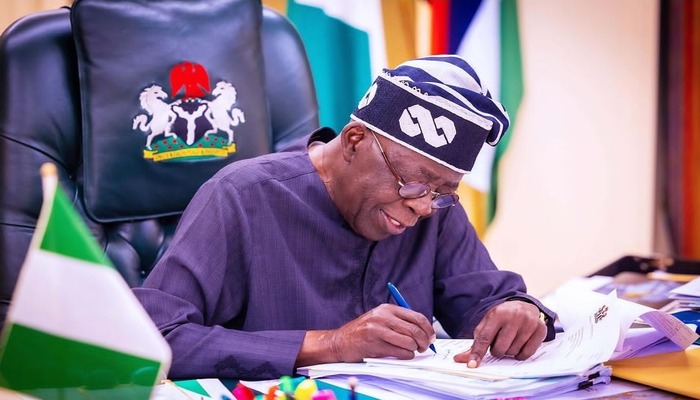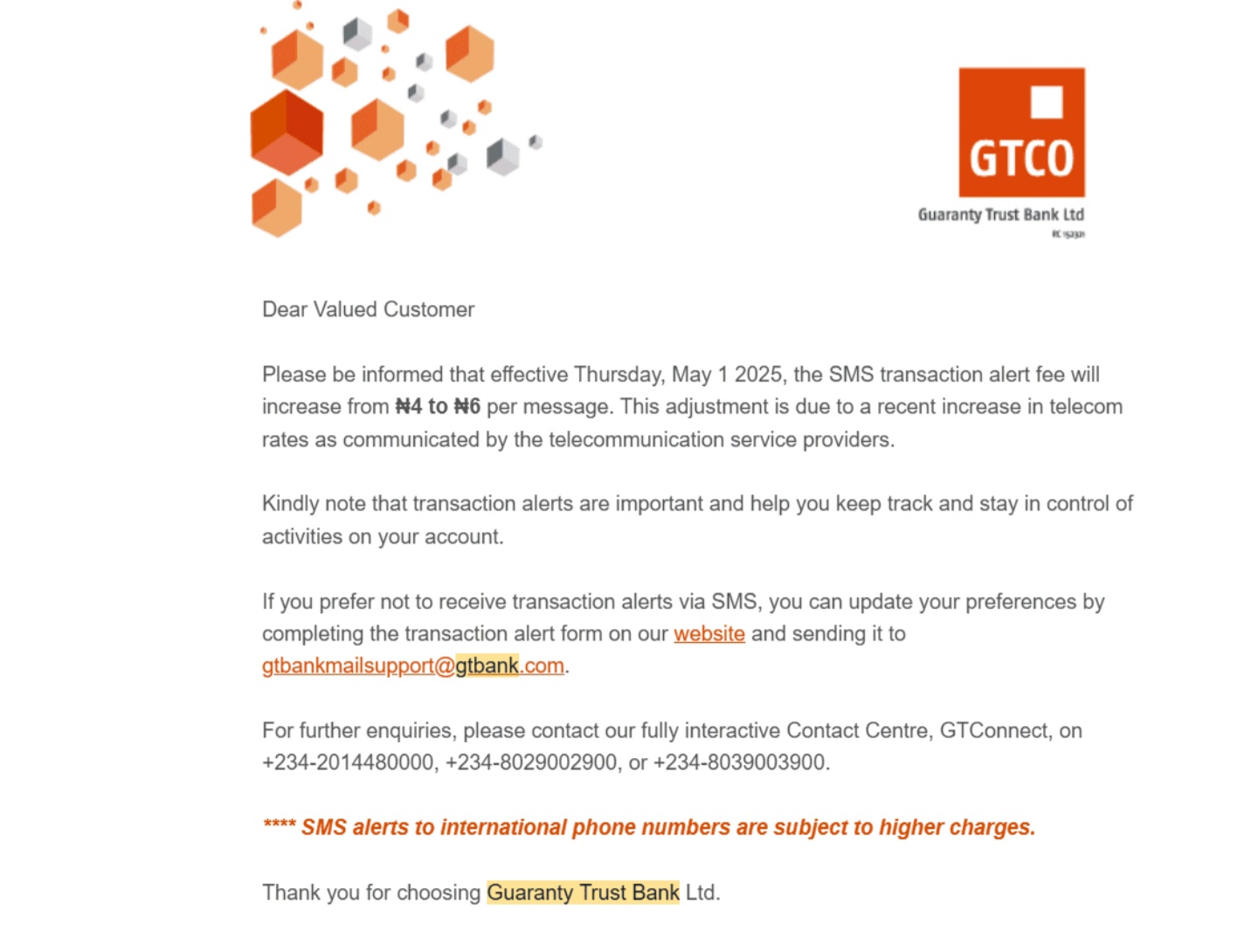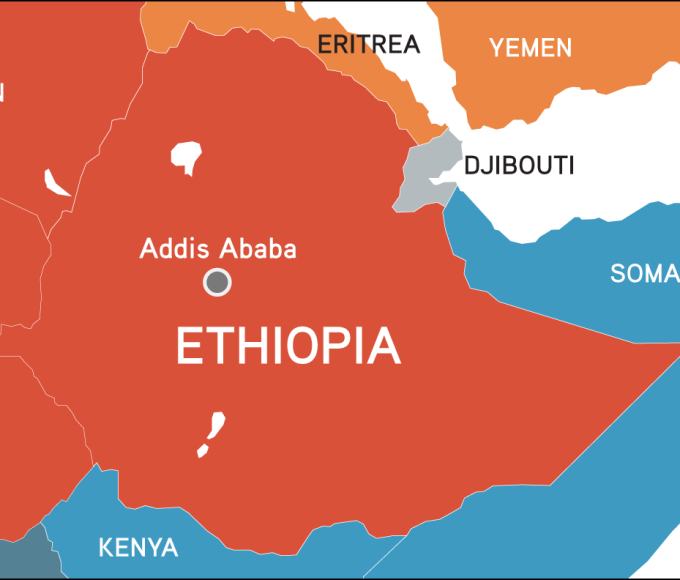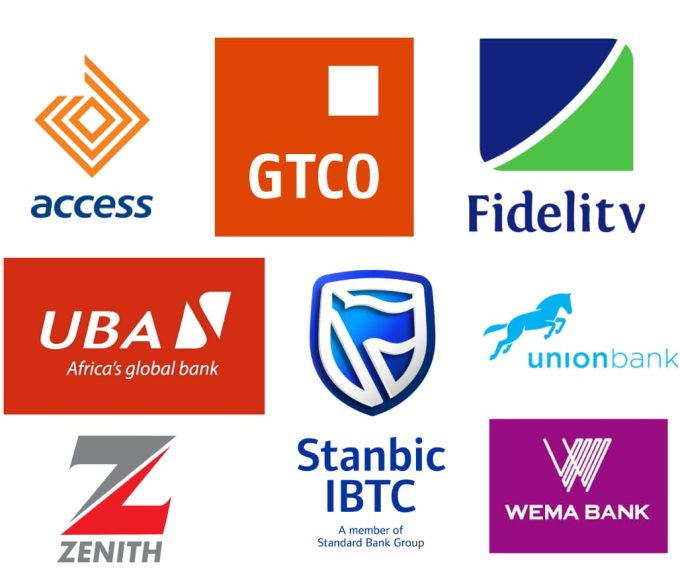
Heavy Tax Burden Weighs on Nigerians Under Tinubu’s Economic Reforms, as Costs Continue to Rise

Nigerians face increased financial pressure as President Bola Tinubu’s administration has introduced a series of new taxes and charges amid persistent economic challenges.
Since assuming office in May 2023, the federal government has implemented several fiscal measures, including a controversial 0.5 per cent cybersecurity levy on electronic transfers, higher bank charges, and a proposed increase in Value-Added Tax (VAT). These changes come when inflation has hit high levels and food prices have surged by over 40 per cent, worsening the cost-of-living crisis.
One of the most debated policies is the cybersecurity levy, introduced in May 2024 under the Cybercrime Act. The levy imposes a charge of ₦50 for every ₦10,000 electronically transferred. This affects routine banking transactions. Although the levy exempts salary payments, loan disbursements, and certain inter-bank transfers, it still impacts many small businesses and low-income earners.
In addition, commercial banks have begun adjusting their fee structures. Guaranty Trust Bank (GTBank) announced that its SMS alert fee would increase from ₦4 to ₦6 per message starting in May 2025, among others.

Other maintenance charges, such as Automated Teller Machine (ATM) withdrawals and instant transfers, have also risen across the sector.
Further pressure may come from a proposed VAT increase, which was passed by the Senate and is awaiting approval by the House of Representatives. The Tax Reform Bills propose raising VAT from 7.5 per cent to 10 per cent in 2025, eventually to 15 per cent by 2030. Although some essential goods such as food and medicine are exempt, the cost of many other products and services is expected to rise.
Though not a tax, electricity tariffs have also seen sharp increases, with some consumers paying up to three times more than before.
Adding to these concerns, the cost of renewing vehicle and driver’s licences will rise beginning 8 June 2025. A few months ago, the Joint Tax Board approved new rates, including ₦15,000 for a driver’s licence valid for three years (up from ₦6,350) and ₦21,000 for a five-year licence (up from ₦10,450). Standard number plates for private and commercial vehicles are now fixed at N30,000.
Similarly on May 10, the Nigeria Police Force (NPF) announced that vehicle owners seeking a tinted glass permit will now pay an annual fee of N14,200, citing Section 3 of the Motor Vehicles (Prohibition of Tinted Glass) Act which states:
It shall be the duty of the buyer, donee or importer of a motor vehicle with tinted, shaded, coloured, darkened or treated glass to change all the glass within a period of 14 days from the date of arrival in Nigeria or date of purchase (which ever is applicable in each circumstance).
While the NPF has notified the public of possible consideration after outcry, this measure, aimed at regulating the use of tinted windows, imposes yet another cost on drivers already grappling with rising vehicle-related expenses and other economic pressures.
The Tinubu administration has justified these measures to improve tax collection and reduce the country’s reliance on oil revenue. The Presidential Committee on Fiscal Policy and Tax Reforms, led by Taiwo Oyedele, has described the changes necessary to simplify the tax system and protect small businesses and low-income earners.
However, many Nigerians are unable to bear the burden. Civil society organisations, including SERAP, have questioned some levies and threatened legal action.
The new VAT revenue-sharing formula has also raised concerns. Under the proposed system, 60 per cent of VAT proceeds would go to the state where the goods or services are consumed. Some northern leaders argue this would disproportionately benefit wealthier southern states.
In October 2024, the Nigerian Governors Forum formally rejected the tax reform bills, citing inadequate consultation and the risk of reduced revenue for many states.
For many citizens, the mounting costs of essential services, stagnant wages, and ongoing inflation have made daily life increasingly difficult. While the government argues that its reforms are necessary for long-term stability, the immediate impact for many Nigerians is clear: the burden has become unbearable.
About The Author
Mayowa Durosinmi
author
M. Durosinmi is a West Africa Weekly investigative reporter covering Politics, Human Rights, Health, and Security in West Africa and the Sahel Region
Related Articles
Ethiopia Moves to Print Its Own Currency as Part of Economic Sovereignty Push
Ethiopia is embarking on a significant economic initiative to build its domestic...
ByWest Africa WeeklyJanuary 19, 2026Niger Adopts Record 2026 Budget in Push for Economic Sovereignty
Niger has approved a record national budget of more than 2.922 trillion...
ByWest Africa WeeklyJanuary 12, 2026Tinubu’s Govt Allegedly Uses Celebrities to Promote Tax Payments Despite Altered Tax Law
A wave of video clips circulating on social media shows high-profile Nigerian...
ByWest Africa WeeklyJanuary 9, 2026Nigerian Banks Shut Down 229 Branches as Cost Pressures and Digital Shift Deepen
Nigeria’s banking sector has witnessed a significant contraction, with commercial banks shutting...
ByWest Africa WeeklyJanuary 5, 2026












Leave a comment